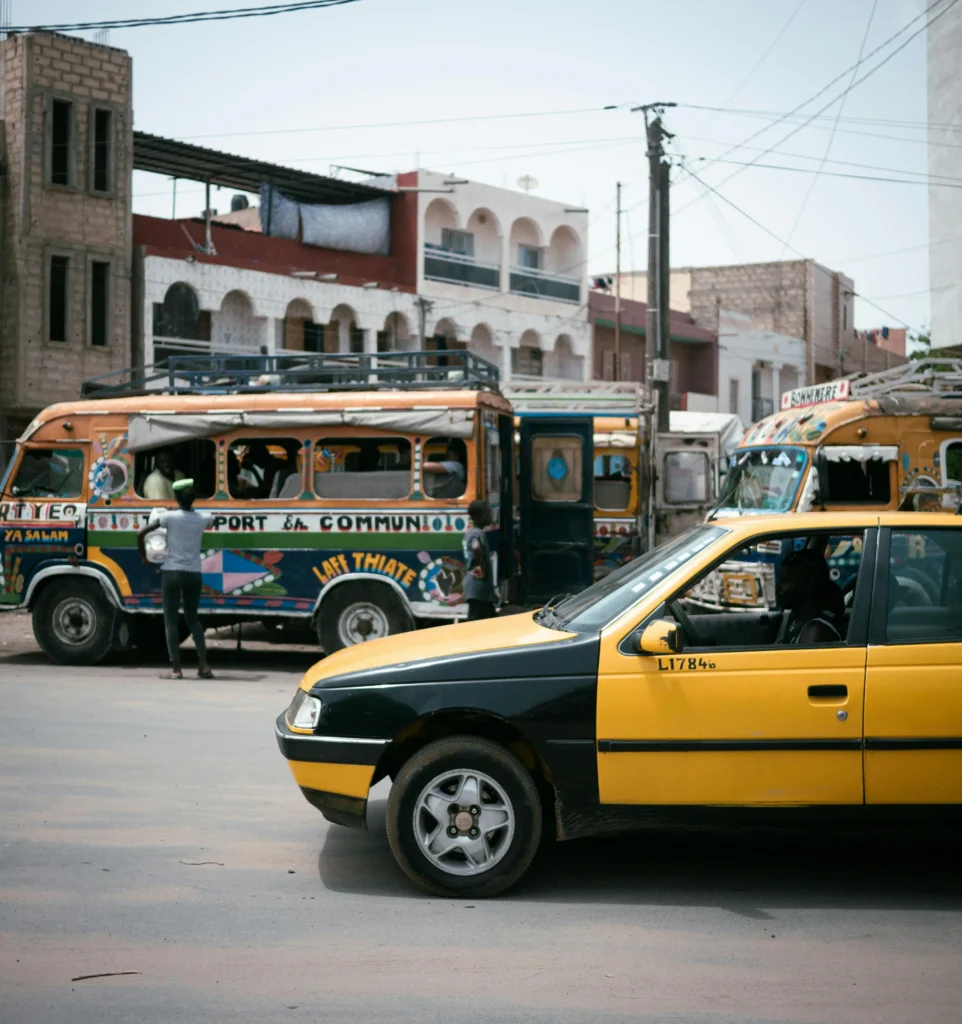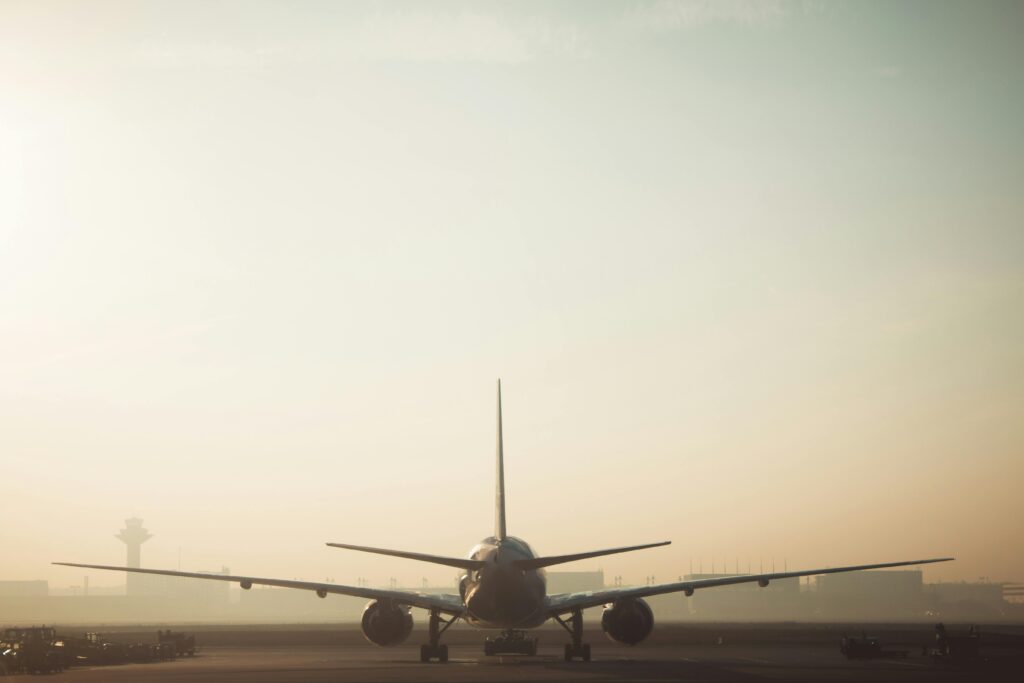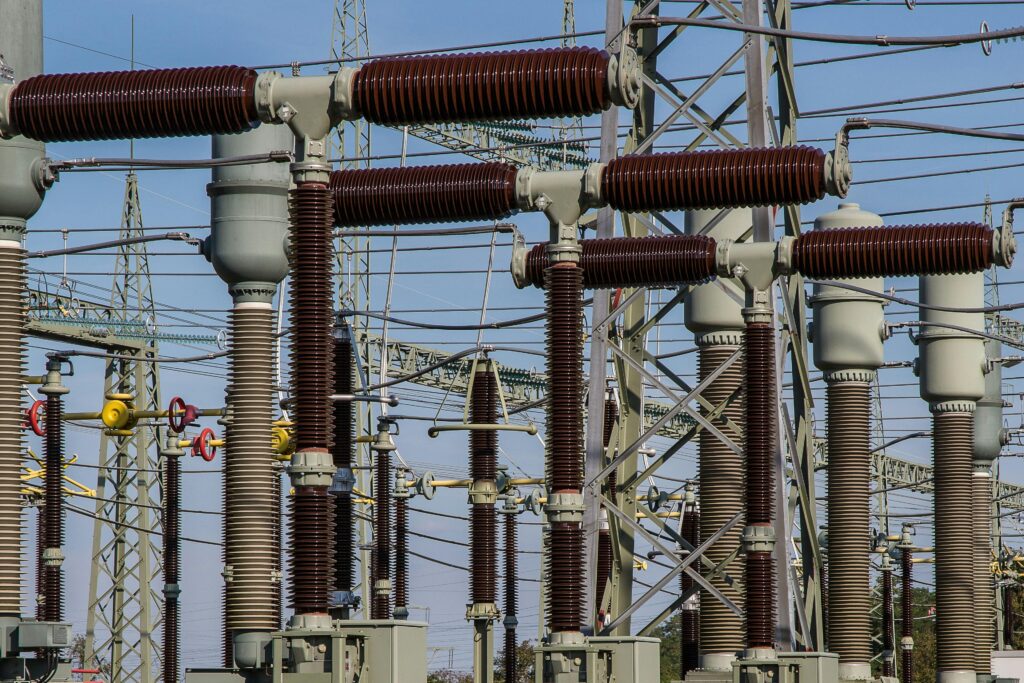
Tourism’s Economic Contribution
In 2019, tourism was responsible for 2.34% of South Africa’s Gross Domestic Product (GDP). However, this contribution significantly declined to 0.81% in 2020 due to the severe impact of the COVID-19 pandemic. Despite this downturn, the tourism sector remains a crucial part of the South African economy.
Tourism Agency
The official body tasked with promoting South Africa on the global stage is South African Tourism. This agency plays a pivotal role in enhancing the country’s international profile and attracting visitors through various marketing strategies and initiatives.
Economic Impact of Tourism
In 2012, the tourism industry made a substantial direct contribution of ZAR 102 billion to South Africa’s GDP. Additionally, it supports approximately 10.3% of the country’s jobs, underscoring its importance in the national employment landscape.

Tourist Attractions
South Africa boasts an array of captivating tourist attractions that appeal to visitors from around the world.Natural Landscapes: The country’s picturesque landscapes and extensive game reserves offer breathtaking views and exciting wildlife experiences.Popular Destinations:
- National Parks: Among the country’s most famous is Kruger National Park, located in the northern region. This expansive park is a top destination for wildlife enthusiasts.Coastlines and Beaches: The KwaZulu-Natal and Western Cape provinces are renowned for their stunning coastlines and beautiful beaches.Major Cities: Key urban centers like Cape Town, Johannesburg, and Durban serve as vibrant hubs for culture, shopping, and entertainment. Tourist Statistics
In August 2017, South Africa saw nearly 3.5 million travelers passing through its ports of entry. The primary international visitors came from the United States, United Kingdom, Germany, the Netherlands, and France. In Africa, Zimbabwe was the leading source of tourists, contributing 31% of the regional visitors, followed by Lesotho, Mozambique, Eswatini, and Botswana. Nigeria also played a significant role, accounting for nearly 30% of African tourists.

Road Network
South Africa’s road network is extensive, encompassing a total length of 750,000 kilometers, making it the largest in Africa and the 12th largest globally.Road Network Overview:
- Valuation: The road network is valued at over R2.1 trillion.SANRAL: The South African National Roads Agency (SANRAL) manages 22,197 kilometers of paved roads.Provincial Roads: These include 222,951 kilometers of roads, with 52,114 kilometers paved and the remainder unpaved.Municipal Network: This is estimated at 275,661 kilometers, including both proclaimed and unproclaimed gravel roads.
South Africa’s extensive road network facilitates efficient transport and connectivity across the country.
Rail Transport
South Africa’s rail network is the most developed in Africa and ranks 13th globally.Rail Connectivity:
- Major Cities: All major urban centers are interconnected by rail.Operators:
- Transnet Freight Rail: As Africa’s largest freight rail operator, it manages about 31,000 kilometers of rail infrastructure.PRASA: Provides commuter rail services.
Railway System
The South African railway system faces challenges, including issues with vandalism, theft, and underinvestment. These factors have contributed to a decline in the network’s overall condition and efficiency.Freight and Capacity:
- Freight Transport: The rail network carried approximately 230 million tons of freight in 2017, which fell to 179 million tons by 2021.Main Cargo: Coal and iron ore are the predominant commodities transported by rail.Constraints: The system is hindered by capacity shortages in freight, passenger, and port operations, affecting both domestic and regional trade.
Future revitalization efforts are expected to involve partnerships with the private sector to address these challenges.

Airports
South Africa is home to six major international airports, including Johannesburg, Cape Town, Durban, Port Elizabeth, Kimberley, and Nelspruit.Major Airports:
- O.R. Tambo International Airport: Located in Johannesburg, it is Africa’s largest and busiest airport, handling over 21 million passengers annually.Cape Town International Airport: Consistently ranked as the best airport in Africa for seven consecutive years as of 2022.King Shaka International Airport: Situated in Durban, it is the second-best airport in Africa.Chief Dawid Stuurman International Airport: Located in Port Elizabeth.
As of 2021, South Africa boasts 407 airports, making it the leading country in Africa for airport ownership and the 20th globally.
Energy Sector Overview
South Africa is a significant player in the global energy sector, with key contributions and challenges.Nuclear Power:
- Koeberg Power Station: The only nuclear power plant in Africa, located in Cape Town.
Electricity Production:
- Global Ranking: South Africa is the largest electricity producer in Africa and ranks 21st globally.Coal Production: The country is the 7th largest coal producer, generating over 248 million tonnes annually, with the majority used domestically.
Energy Mix:
- Coal Dependence: Coal provides 77% of South Africa’s energy needs, with the country accounting for 92% of Africa’s coal consumption.Greenhouse Gas Emissions: South Africa is the 14th largest emitter of greenhouse gases globally.
Eskom:
- Role: Eskom is the primary electricity provider, generating approximately 95% of the country’s electricity. It is one of the world’s top utilities by generation capacity.Key Power Stations:
- Koeberg Nuclear Power Station: Africa’s sole nuclear power facility.Kendal Power Station: The world’s largest dry-cooled power station.Duvha Power Station: Known for being the first to use pulse jet fabric filter plants.
Energy Crisis in South Africa

South Africa’s energy sector is grappling with a significant crisis.Overview of the Crisis:
- Eskom’s Financial Issues: Eskom is deeply indebted, with a debt of R392 billion ($22 billion). Financial mismanagement and corruption have exacerbated its challenges.Load Shedding: To manage the crisis, Eskom implements load shedding—periodic power cuts to prevent system failure. This has led to widespread rolling blackouts.Power Station Problems: Maintenance issues and sabotage have impacted Eskom’s power stations, negatively affecting the energy availability factor (EAF).Military Involvement: In response to security concerns, the South African military was deployed in 2023 to protect Eskom’s facilities.
Major Power Projects:
- Kusile Power Station: When complete, it will be the 4th largest coal-fired power station globally. However, construction delays and cost overruns have pushed the expected completion to between 2024 and 2026. The combined cost of Kusile and another major project, Medupi, exceeds R300 billion ($16 billion). Science and Technology in South Africa
South Africa has made notable advancements in various scientific and technological fields.Medical Breakthroughs:
- Heart Transplant: Christiaan Barnard performed the world’s first human-to-human heart transplant in December 1967 at Groote Schuur Hospital.Vaccine Development: Max Theiler developed a vaccine against yellow fever, impacting global health significantly.
Scientific Innovations:
- CT Scans: Allan MacLeod Cormack’s pioneering work in X-ray computed tomography (CT scans) earned him a Nobel Prize.Crystallographic Electron Microscopy: Aaron Klug advanced this technique and received a Nobel Prize for his contributions.Molecular Biology: Sydney Brenner’s work in molecular biology, awarded the Nobel Prize in 2002, has had a profound impact on the field.
Space and Technology:
- Mark Shuttleworth: The founder of Thawte and the first South African in space.
Astronomy and Space Exploration:
- Southern African Large Telescope (SALT): The largest optical telescope in the Southern Hemisphere, located in South Africa.Square Kilometre Array (SKA): South Africa is developing the Karoo Array Telescope as part of the €1.5 billion SKA project, aiming to create the world’s largest and most sensitive radio telescope.
Global Standing:
- Innovation Index: South Africa ranked 59th in the Global Innovation Index in 2023, reflecting its growing contributions to science and technology. Transport in South Africa
South Africa’s transportation infrastructure is diverse and comprehensive, spanning various modes of transport.Modes of Transport:

- Roads: The country has an extensive road network, with minibus taxis being a popular choice due to their affordability and coverage. Bus rapid transit systems are also being developed in cities like Cape Town and Johannesburg.Railways: South Africa’s rail system connects major cities and industrial areas but faces challenges related to mismanagement and underinvestment.Airports: International airports, such as O.R. Tambo in Johannesburg and Cape Town International Airport, support both domestic and international travel.Water Transport: Major ports like Cape Town, Durban, and Port Elizabeth handle passenger and cargo ships.Pipelines: Essential for transporting petroleum oil across the country, contributing to the energy infrastructure. Water Supply and Sanitation in South Africa
South Africa’s water supply and sanitation systems are crucial to its development and face ongoing challenges.Key Features:
- Free Basic Water Policy: Aims to provide essential water resources to all citizens.
- Water Boards: Manage the distribution of water from reservoirs to municipalities.

